A ‘Bright Orange Torch’
Alumni Day speakers emphasize moving past division through empathy and education
At Alumni Day last month, Carol Quillen *91, president of Davidson College in North Carolina, presented a path forward to remedy the nation’s polarization: Listen for the story behind each opinion. In her lecture as the James Madison Medal recipient, Quillen, a historian, began with a lesson from her studies at Princeton on Renaissance humanists. Writings by Machiavelli and his peers revealed something profound to her: Scholars in the 15th century readily regarded classical ancient thinkers as at once heretical and worthy of imitation. The ability to hold otherness alongside appreciation, she said, has been lost in recent history.
“It is rare to find a cultural phenomenon where people are able to look at a different culture and say, ‘They are irreducibly different, I will never be like them, and yet I wish to imitate them in certain ways,’” Quillen said. “See the difference between the notion of ‘difference as inferior’ and ‘difference as potentially exemplary’? That’s what captured me about the humanists.”
This is why, she said, today’s division and polarization can be overcome by not just informed storytelling but informed listening. As an example, she referred to recent incidents in which students disrupted or shouted down controversial speakers visiting college campuses. “One of the stories we tell about these students — without actually talking to them — is that they’re too fragile. ... They’re snowflakes.” But, she explained, the students tell another story: that their generation grew up amid two relatively recent phenomena, school shootings and the internet. “From their perspective, somebody ... posts hate speech on the internet and the next day somebody’s dead.” She concluded with a prescriptive: “Listen to each other as tellers of stories rather than articulators of positions to be refuted.”
Woodrow Wilson Award winner Mellody Hobson ’91 began her lecture by wondering what the honor’s namesake might think of her, “a woman of color, accepting this award.” To find out, she wrote to A. Scott Berg ’71, a biographer of the 28th president. “While Wilson believed in providing opportunity to all, Scott admitted that he was in no rush,” she said. “Wilson believed that every social movement had its time, and worried that rapid change would create more problems than it solved. Obviously, I do not share Wilson’s patience.”
Hobson, the president of Ariel Investments and an advocate for financial literacy, discussed the importance of service. “Princeton handed each of us a shining, bright orange torch ... to light the path to a better world,” she said. “And not only does that bright orange torch illuminate the path, it also provides warmth to the holder.” She continued the metaphor, adding that torches can also be used to light other torches. “How many torches have you lit? [That] should be one of the measures of achievement.”
The mild February day drew approximately 1,000 alumni and guests who attended lectures about Brexit, the misleading use of numbers and statistics, and chemistry, in addition to the two talks. Alumni also gathered for the Service of Remembrance and for an intergenerational panel of alumnae who reflected upon 50 years of coeducation.
At the alumni lunch in Jadwin Gym, Quillen elaborated on her morning theme of empathy — “to learn how to listen with a desire to understand rather than to simply refute.” She recalled how she was active in the campaign by Princeton students at the time to have the University divest from companies doing business in apartheid South Africa, saying she and other students were arrested when they blockaded Nassau Hall.
The late Nicholas Katzenbach ’43, a former attorney general and a key figure in the U.S. civil-rights movement, was then a Princeton trustee and did not agree that divestment would help end apartheid. But he reached out to the students and met them in the Butler apartments, where graduate students lived, to “explain his point of view and listen to ours” — a gesture Quillen said still influences her life and the way she understands her own obligation to students at Davidson.
Hobson, the youngest of six children raised by a single mother, also recalled Princetonians who changed her life, including Ariel Investments CEO John Rogers Jr. ’80, who first interviewed Hobson when she was a high school student and later hired and mentored her; and former Sen. Bill Bradley ’65, who taught Hobson that service was “not to be considered a burden, but an obligation.”
In the audience was her husband, filmmaker George Lucas, who on his first visit to Reunions had told her: “It’s not a school, it’s a cult.” Hobson let that sink in: “The man who invented Star Wars called us a cult.”
In addition to the alumni and student award winners, attendees at the luncheon honored Robert Durkee ’69, University vice president and secretary, with a locomotive. President Eisgruber ’83 noted that Durkee, who started working at Princeton in 1972, has had an office in Nassau Hall “longer than anyone else in Princeton history.”

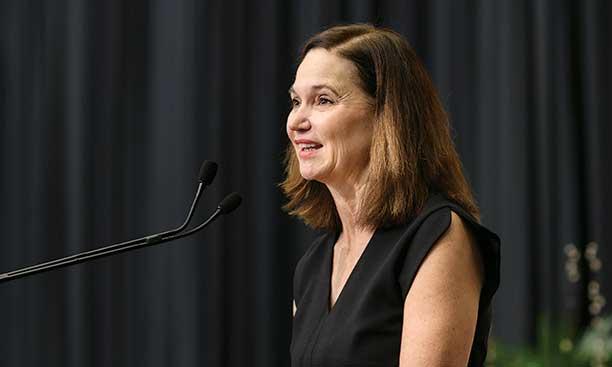
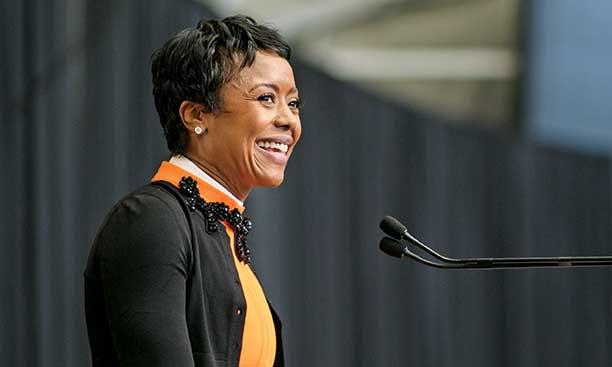
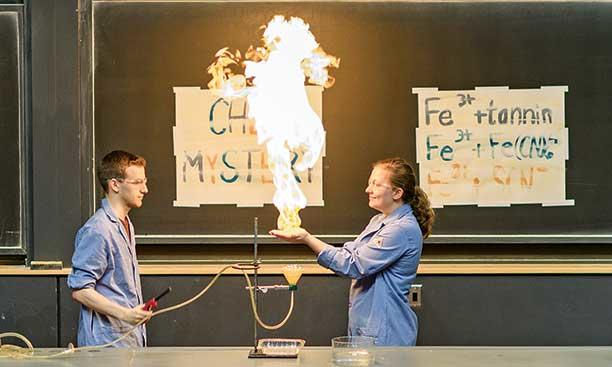






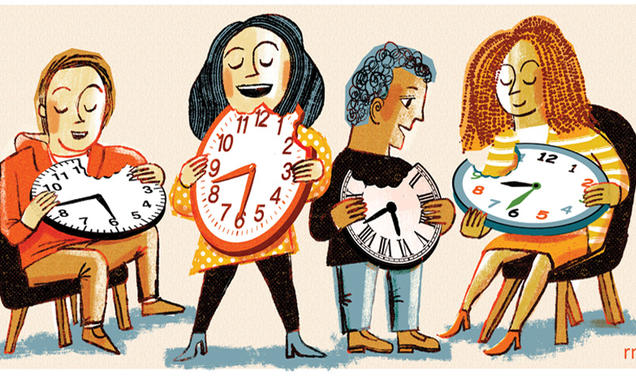
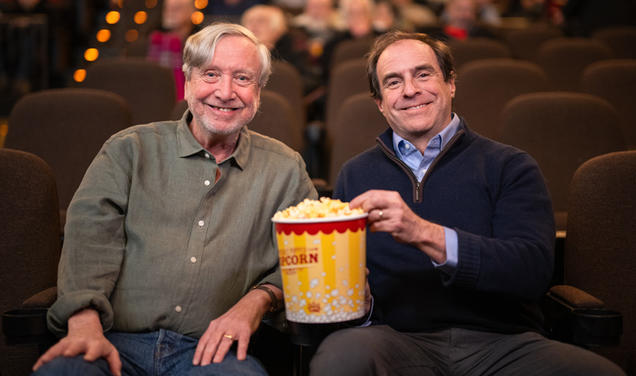

0 Responses